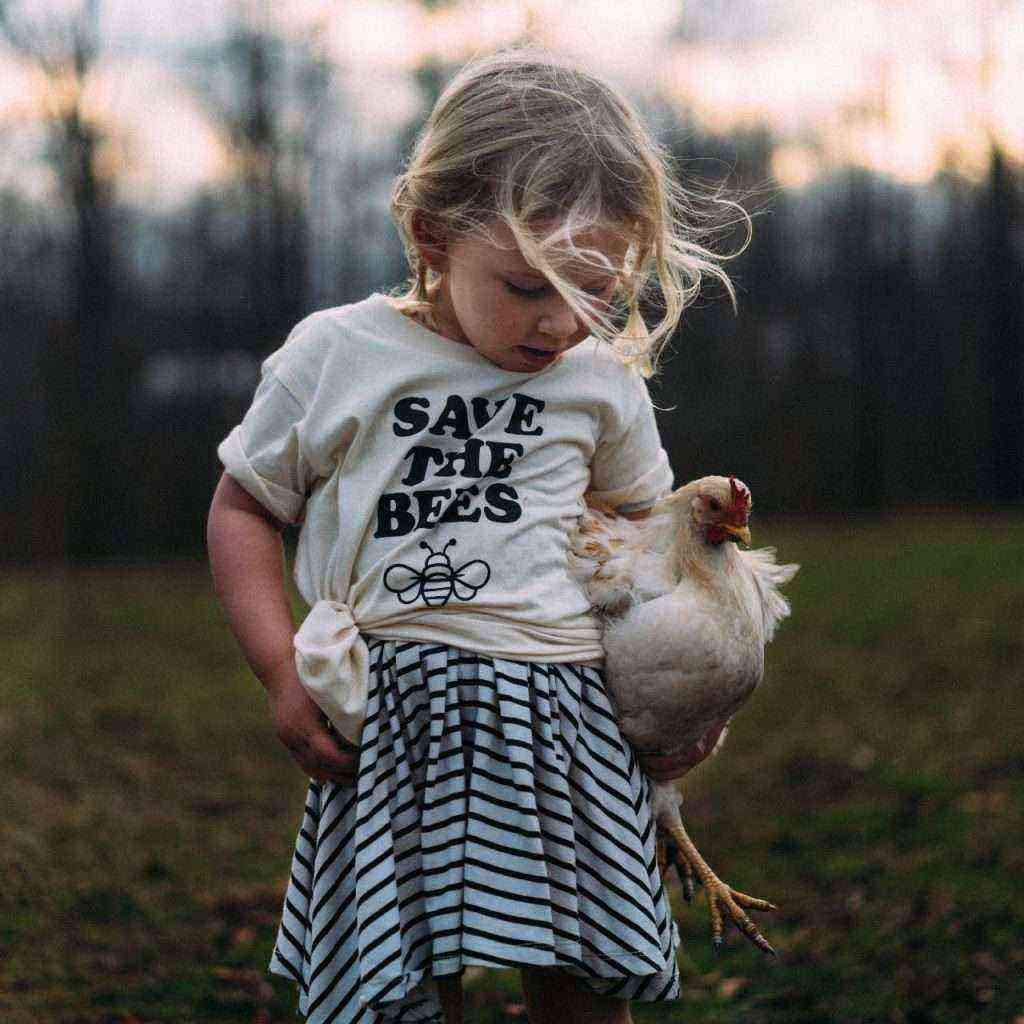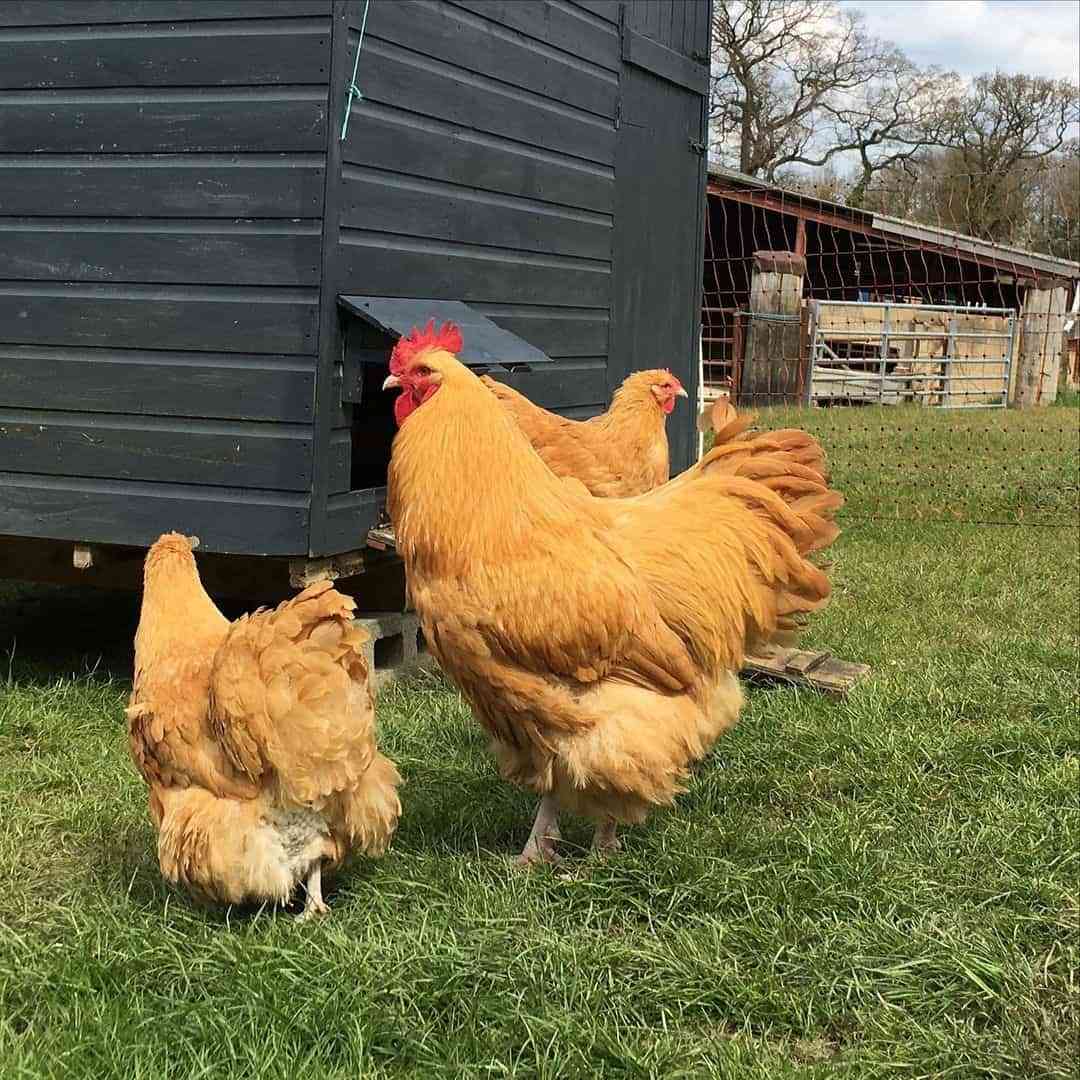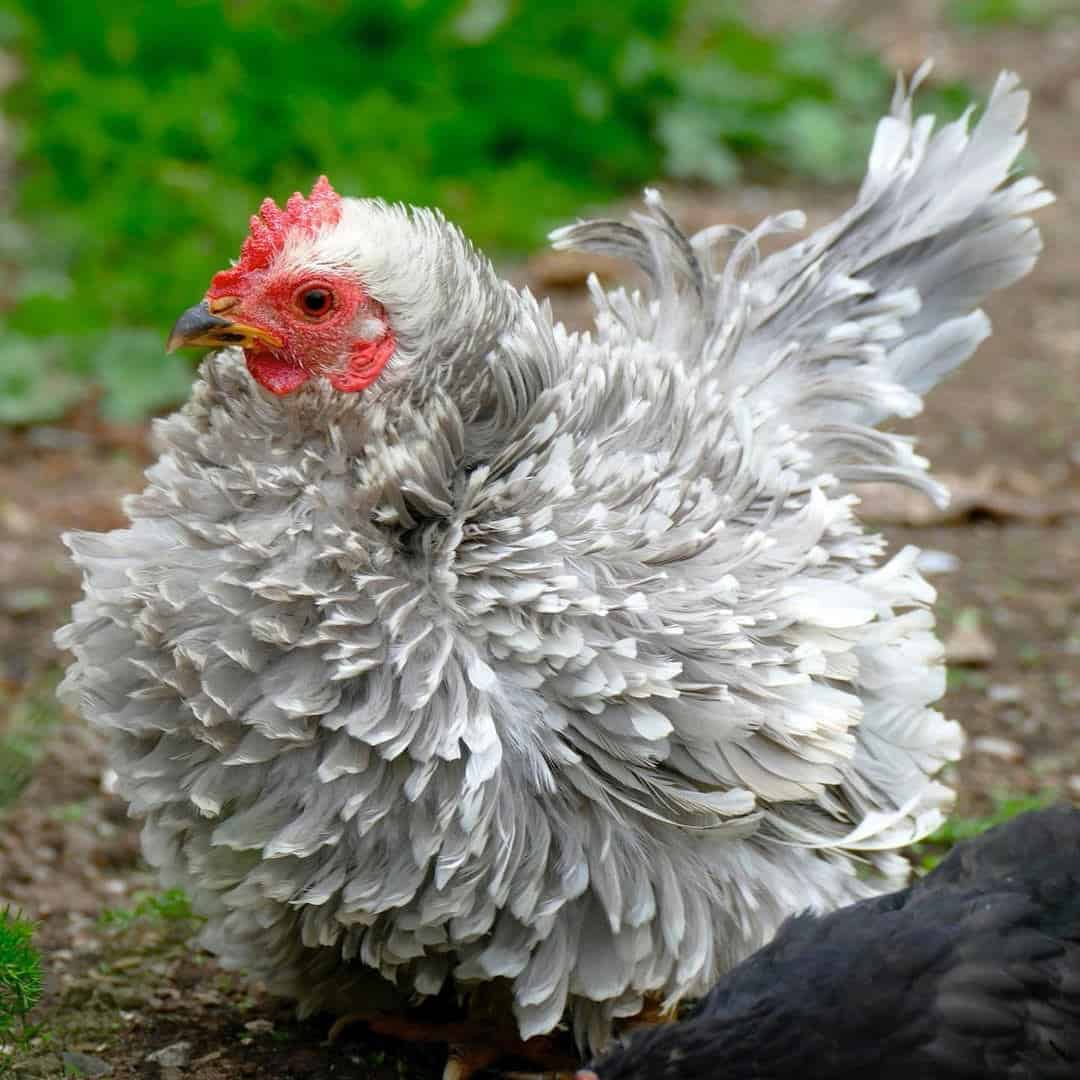To prevent infection with infectious laryngotracheitis in the household, owners of feathered pets must adhere to some rules:
- it is necessary to keep and feed chickens in accordance with their productivity and physiological state;
- the chicken coop should contain birds of the same age;
- carry out disinfection of inventory, overalls, purchased eggs, containers;
- breed chickens from laying hens purchased from good, trusted sellers in prosperous farms;
- use various incubators to hatch chickens from your own hens and strangers bought on the side.
The chicken coop should be disinfected with: 3% formalin solution, 5% hot sodium hydroxide solution, bleach solution containing XNUMX% active chlorine, XNUMX% hypochloride or lysol solutions, and other chemicals.
Also, more and more often you can find an aerosol method for processing chicken coops.
Disinfection can be forced and preventive. The first is carried out in cases where there is a suspicion of the presence of infectious diseases. The second is preventive, used to prevent infection with infectious laryngotracheitis, to prevent the accumulation of microbes in poultry houses brought by rodents, insects, wild birds and other ways.
Disinfection should be carried out regularly. It is necessary to clean the chicken coop from debris and dirt in a timely manner, treat the premises with chemicals, clean the paddocks, monitor the cleanliness of the drinkers and feeders, quickly respond to the disease and exclude infected individuals from the total number of birds.
All of the above measures will prevent the appearance of infectious laryngotracheitis in the compound.






































